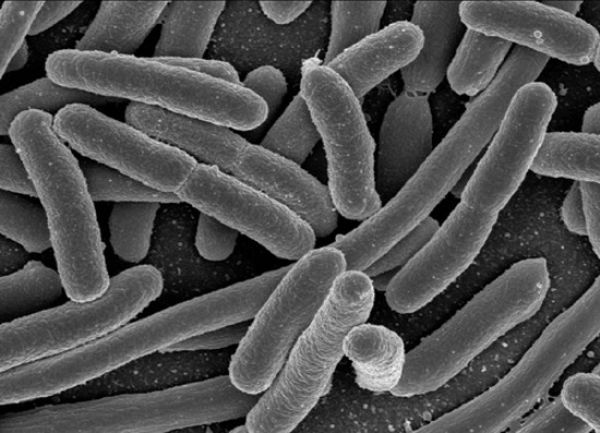
The advancement in science has allowed biologists and researchers to know more about the functioning of enzymes. Studies revealed that the structure of DNA can be changed by working with enzymes which are responsible for this.
This idea led the researchers to believe that the DNA structure of the organisms can be altered to bring complete change in the living organism’s character. This process is named genetic engineering. Researchers have used genetic engineering to develop some medicines and genetically modified plants and now they are using these techniques to tackle the energy crisis.
Here is the list of 10 genetically engineered life forms promising a greener planet.
1. Genetically Engineered pig
University of Guelph has got approval from the Canadian government to produce genetically engineered pig. These “Enviropig” pigs will act as a protector of the aquatic life by discharging ecofriendly urine and feces. The waste material of these modified pigs will contain up to 65 percent less phosphorous than the normal pigs.
2. Genetically engineered bacterium
Researchers at Dartmouth’s Thayer School of Engineering worked together with Mascoma Corporation to come up with the idea of developing sustainable biofuel. The researchers named the biofuels Cellulosic Ethanol.The genetically engineered thermophilic bacterium plays an important role in converting waste into a sustainable bio fuel.
3. Genetically engineered cows
An agriculture research scientist from the University of Alberta, Stephen Moore, is using the technique of genetic engineering to modify cows in such a way that will decrease the grazing needs of the cow. According to Moore, the ruminants of cow’s feed are not good for environment. Successful research will lead to the breeding of “fuel-efficient” cows in large number as Moore has already managed to breed cows that emit 25% less methane than a normal cow.
4. Sun-powered bacteria
American researchers have used the technique of genetic engineering to modify bacteria in such a manner that it eat carbon dioxide to produce isobutyraldehyde. The sobutyraldehyde can be used to produce isobutanol. The new process is 10 times faster than hydrogen production.
5. Bacteria to produce plastic
The credit to modify bacteria that can help in the production of plastic goes to scientists at chemical company Genomatica Inc. The scientists at this San Diego-based company have genetically engineered Escherichia coli (E. coli) to produce 1,4-Butanediol (BDO). E.coli is found in the gut of humans. The BDO produced by E.coli can help in the production of plastics, rubber, and synthetic fibers.
6. Engineered organisms to convert CO2 into bio-fuel
California-based company Joule Biotechnologies has come up with a technique that uses solar converter to convert carbon dioxide into liquid biofuels. A broth of gray water, nutrients and genetically modified organisms, which were not named by the company are used to produce biofuels.
7. Engineered tobacco plants
The idea to use tobacco plants to grow solar cells is the brainchild of researchers at UC Berkeley. A virus has been genetically modified by the researchers to tobacco crops and manufacture artificial chromosphores. We know that plants trap sunlight and this sunlight is turned into high-powered electrons by artificial chromosphores.
8. Genetically engineered viruses
MIT researchers have developed genetically modified viruses that could make lithium-ion batteries non-toxic without affecting the performance of the battery pack. The researchers used the technique of genetic engineering to develop positive and negative ends of a battery.
9. Controversial genetics could change the composition of wood into new energy sources
The co-director of North Carolina State University’s forest biotechnology group, the forest biotechnology group has come up with the idea of generating new energy by changing the composition of the wood using the technique of genetic engineering. The production of transgenic tree is a controversial thing as many experts are against it.
10. Cloning the Diesel Tree
Biologist Chhandak Basu is working on his idea of cloning the gene of a tropical “diesel tree” into other plants to produce biofuels in large amount. Basu wants to re-cultivate the cloned genes in algae and weeds for mass production.




